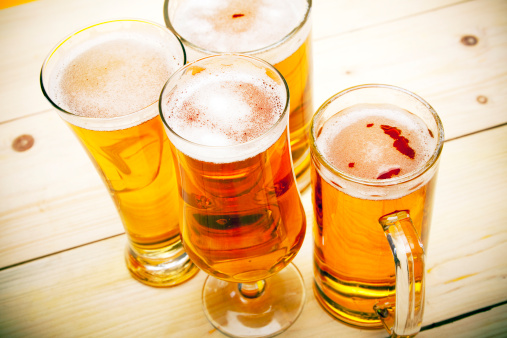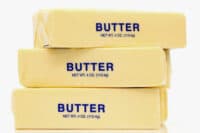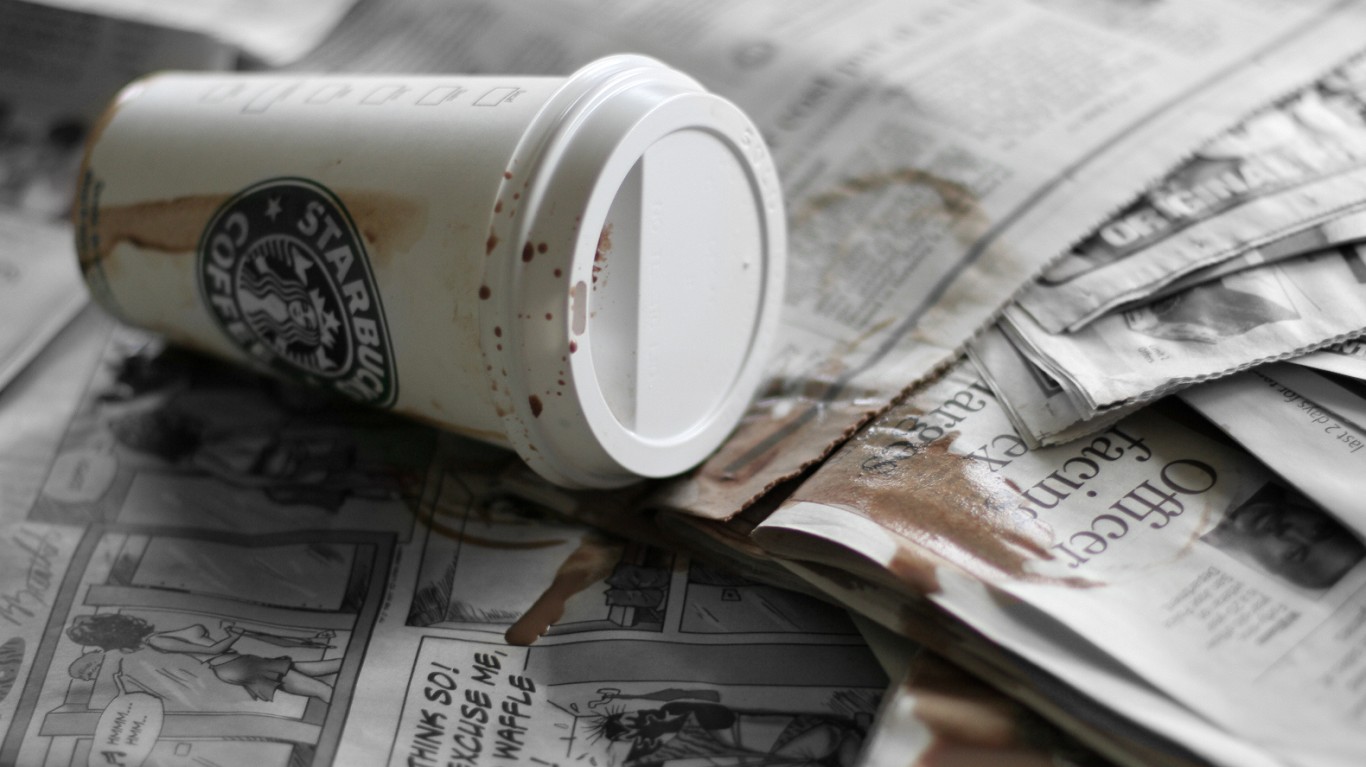The world of beer keeps changing. For years now the trend has been a migration to craft beer, at the expense of big corporate beer brands. Boston Beer Co. Inc. (NYSE: SAM) has lost its place in the craft beer chain as the industry leader. It turns out that D.G. Yuengling & Son, which is also the oldest brewery in America, passed Sam Adams Boston Beer in volume in 2014. This ranking may be due to a definition change of how craft beer is defined, but it really brings up the issue of just how large the craft beer trend has become, compared to all beer sales in the United States.
The end result for the beer industry, which is more than clear in the total sales numbers now, is that Anheuser-Busch InBev S.A./N.V. (NYSE: BUD), Molson Coors Brewing Co. (NYSE: TAP) and SABMiller are going to have to worry even more in the decade ahead than they have over the past decade. Total beer sales were up only 0.5% in 2014, with all the gains effectively coming from craft beers.
The Brewers Association has released its 2014 data on U.S. craft brewing, and it showed that craft brewers have now reached double-digit volume share of the marketplace for the first time ever — at roughly 11%.
ALSO READ: Beers Americans No Longer Drink
Craft brewers produced 22.2 million barrels in 2014, with an 18% rise in volume and a 22% increase in retail dollar value. If you think Budweiser, Miller and Coors aren’t going to continue to look for new ways to challenge craft beers, guess again. The Brewers Association showed that the retail dollar value was estimated at $19.6 billion in 2014, representing 19.3% market share, up from just 14% of sales totals in 2013.
The chief economist of the Brewers Association signaled that craft brewers have a goal of 20% market share by 2020. This may be an easier target now that the recent definition change of craft beer to include corn and flavorings will make craft beer’s market share even larger. Of the top 50 overall brewing companies, it turns out that 42 of them were craft brewing companies.
So, what does this all mean in raw economic terms for craft brewers and for big corporations involved in beer? Craft beer sales are generally all considered domestic, so they are hard to view in terms of the international beer giants with global operations that help their market caps look so large. Still, here is what to consider, while keeping in mind that these are corporate sales rather than total level of retail sales:
- Molson Coors Brewing has a $13.6 billion market cap, and 2014 sales were shown to be $4.14 billion.
- SABMiller has an $89 billion market cap and had the equivalent of $34 billion in 2014 global revenue.
- Anheuser-Busch InBev is worth close to $200 billion (according to finance sites at Yahoo and Google) with $47 billion in annual sales.
- Boston Beer is the only public craft beer, as far as having a large value. Its market cap is over $3.4 billion, and its 2014 corporate revenues were $903 million. Analysts see that revenue rising to $1.02 billion in 2015 and $1.14 billion in 2016.
ALSO READ: America’s Fastest Growing Beer Brands
So, what does all of this translate to for the growth of craft beers? The number of operating breweries in the United States in 2014 rose by 19% to a total of 3,464 breweries. Of that total, 3,418 were considered craft breweries. Throughout 2014, there were 615 new brewery openings and only 46 closings. The craft breweries were broken down as follows: 1,871 microbreweries, 1,412 brewpubs and 135 regional craft breweries.
The Brewers Association also indicated that another 2,000 or more breweries are in the planning stages. Combined with already existing and established breweries and brewpubs, craft brewers provided 115,469 jobs. This was an increase of almost 5,000 in 2014.
The new list of top 10 craft brewers for 2014 is as follows:
- D.G. Yuengling & Son (Pottsville, Pa.)
- Boston Beer (Boston)
- Sierra Nevada (Chico, Calif.)
- New Belgium (Fort Collins, Colo.)
- Gambrinus (Shiner, Texas)
- Lagunitas Brewing (Petaluma, Calif.)
- Bell’s Brewery (Galesburg, Mich.)
- Deshutes Brewery (Bend, Ore.)
- Stone Brewing (Escondido, Calif.)
- Minhas Craft Brewery (Monroe, Wis.)
ALSO READ: The Worst Product Flops of All Time
The reality is that Coors, Budweiser and Miller already have had to worry about the rise of craft beers in recent years. This is greatly changing the landscape of the total economics of beer. That being said, large corporations are acquiring certain breweries through time, and they are coming up with craft beers of their own. Whether it is Boston Beer or Yuengling, Sierra Nevada or New Belgium, or others that are up and coming, the consumer tastes and the economics of beer are still set to change handily.
Thank you for reading! Have some feedback for us?
Contact the 24/7 Wall St. editorial team.



